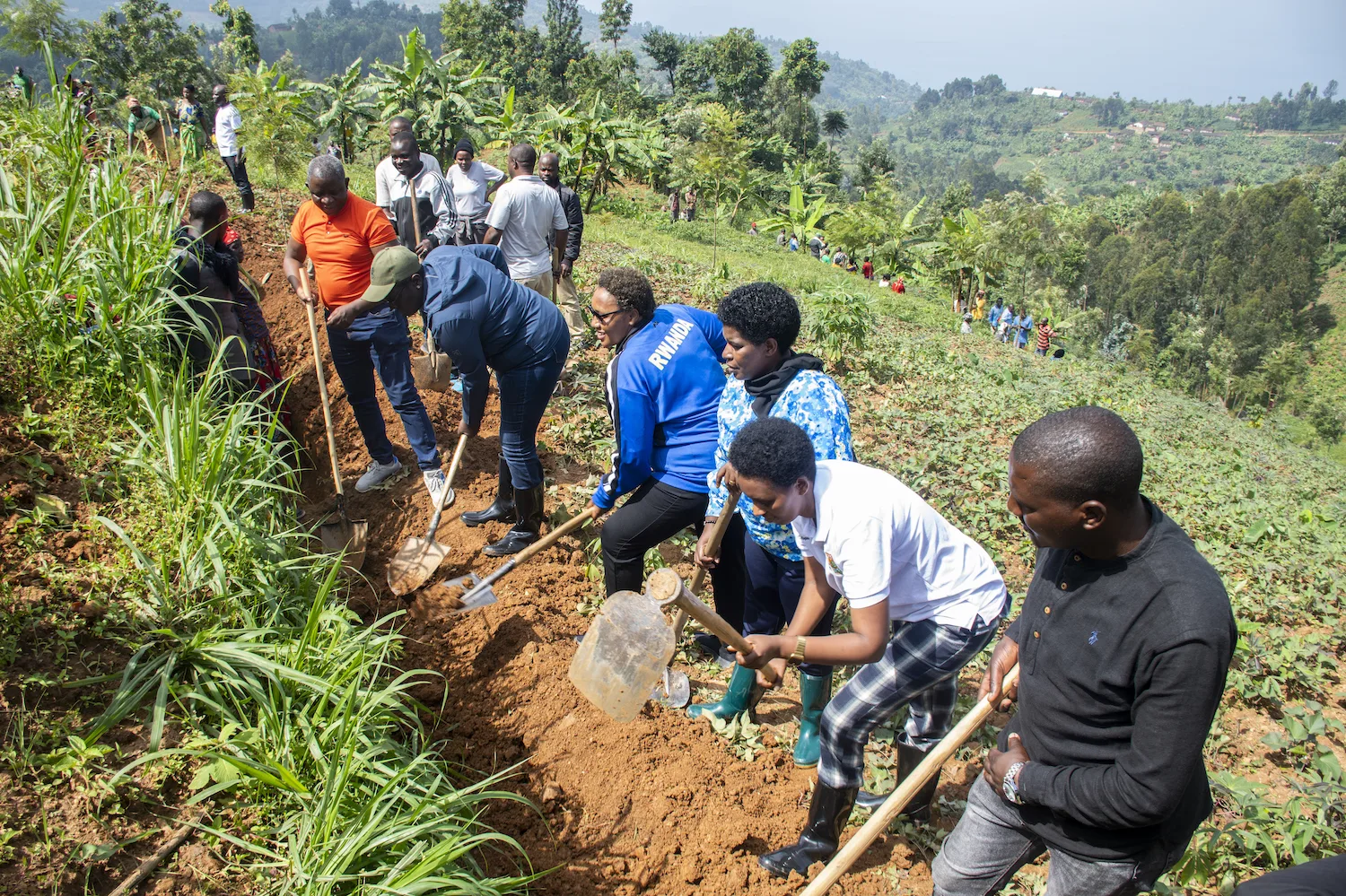A Community-based Participatory Framework for the Assessment of Resilience in Rwanda
Three decades after the Genocide against the Tutsi, Rwanda continues to navigate the complexities of rebuilding the social fabric and strengthen resilience of its population. The Ministry of National Unity and Civic Engagement (MINUBUMWE), in collaboration with Interpeace has released a new research titled: A Community-based Participatory Framework for the Assessment of Resilience in Rwanda. The objective of this study, conducted across all 30 districts of Rwanda, was fourfold. Firstly, it aimed to formulate and validate resilience indicators for structuring future research activities, policies, and programmes related to community resilience in Rwanda. Secondly, it sought to devise a participatory, multi-level methodology for assessing resilience indicators, drawing from existing frameworks, while tailoring them to Rwanda's specific context. Additionally, the study aimed to establish a baseline for community resilience across all districts of Rwanda and to propose actionable policy and programmatic recommendations for enhancing resilience nationwide.
Involving a significant sample of 7,481 individuals, the study adopted a mixed-methods approach, integrating both qualitative and quantitative methods. Resilience was evaluated across four levels—individual, household, community, and institutional—using a comprehensive set of 38 indicators.
The findings underscored a commendable degree of resilience across all assessed levels, demonstrating a significant milestone three decades after the Genocide against the Tutsi. Recommendations emphasised the need for intensified efforts in societal healing initiatives, infrastructure development, and facilitating access to finance and employment opportunities.
Read the Executive Summary here.

